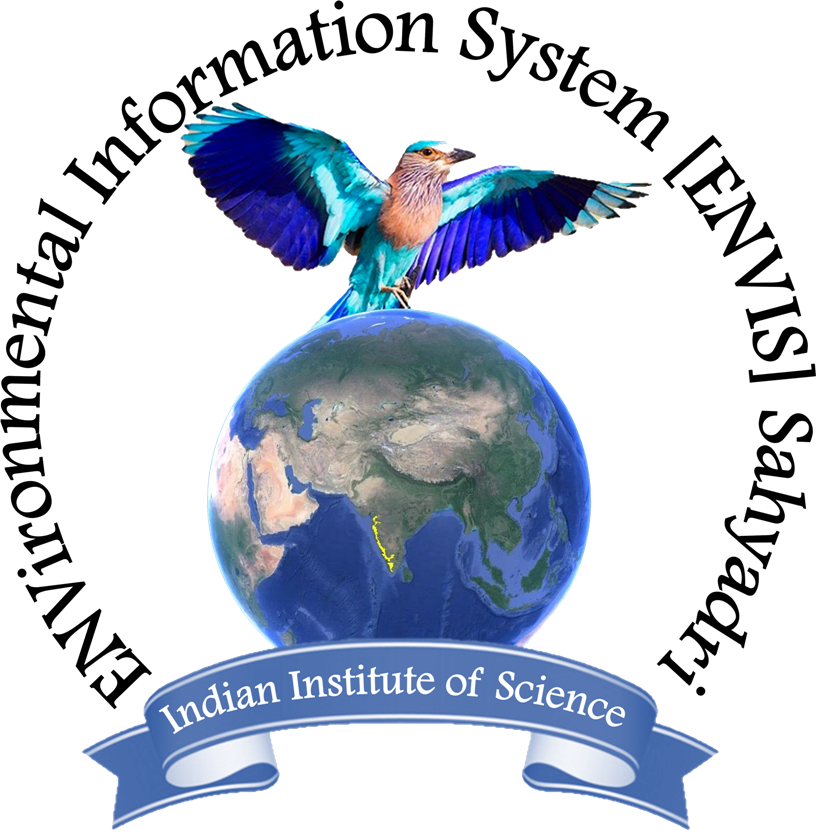
R is a free software environment for statistical computing and graphics. It compiles and runs on a wide variety of UNIX platforms, Windows and MacOS. It is a GNU project which is similar to the S language and environment which was developed at Bell Laboratories (formerly AT&T, now Lucent Technologies). R can be considered as a different implementation of S. There are some important differences, but much code written for S runs unaltered under R.
Gstat is an open source (GPL) computer code for multivariable geostatistical modelling, prediction and simulation. In the original form, gstat is a stand-alone executable, interfaced to various GIS. The gstat functionaly is also available as an S extension, either as R package or S-Plus library.
Gstat can calculate sample variograms, fit valid models, show variograms, calculate (pseudo) cross variograms, fit valid linear models of coregionalization (S extension only), and calculate and fit directional variograms and variogram models (anisotropy coefficients are not fitted automatically).
Kriging and (sequential) conditional simulation are done under (simplifications of) the universal cokriging model. Any number of variables may be spatially cross-correlated. Each variable may have its own number of trend functions specified (being coordinates, or so-called external drift variables). Simplifications of this model include ordinary and simple kriging, ordinary or simple cokriging, universal kriging, external drift kriging, Gaussian conditional or unconditional simulation or cosimulation. In addition, variables may share trend coefficients (e.g. for collocated cokriging).
For more information see Gstat Homepage.
LAPACK is written in Fortran77 and provides routines for solving systems of simultaneous linear equations, least-squares solutions of linear systems of equations, eigenvalue problems, and singular value problems. The associated matrix factorizations (LU, Cholesky, QR, SVD, Schur, generalized Schur) are also provided, as are related computations such as reordering of the Schur factorizations and estimating condition numbers. Dense and banded matrices are handled, but not general sparse matrices. In all areas, similar functionality is provided for real and complex matrices, in both single and double precision.
For more information see LAPACH Homepage.

